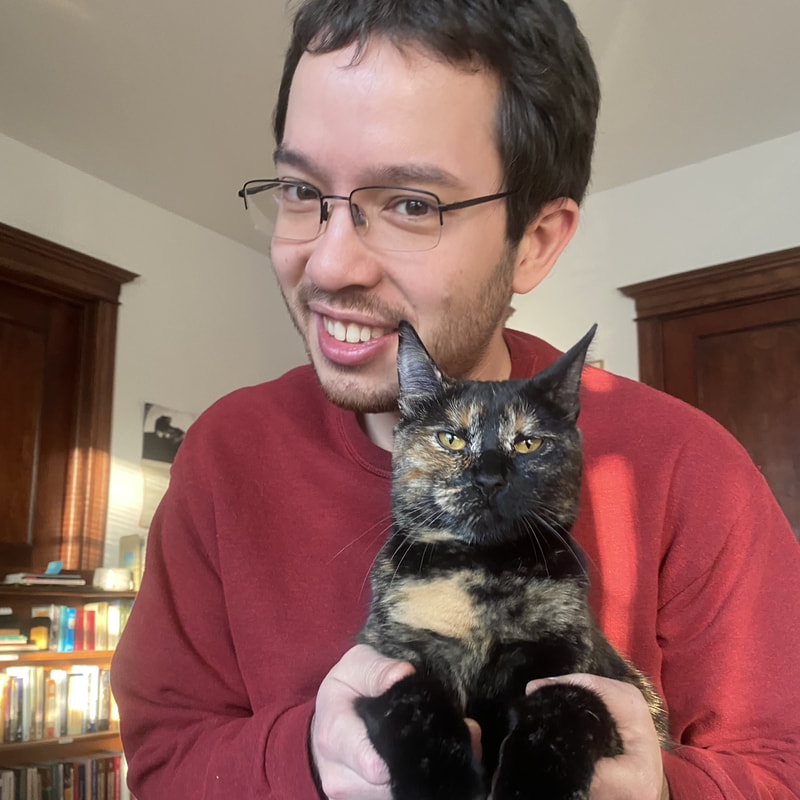|
Published in the Viewpoints section of the Chicago Maroon, the student-run newspaper of the University of Chicago.
We activists can seem impossible to please: We seek a goal—say, a U of C trauma center—and, after years of struggle, the institution gives in. But then we continue to advocate—say, for a U of C Medicine community advisory board—and the process begins again. When will we be satisfied? But of course, social justice is at once a process and a goal. With the U of C, we’ve achieved a goal—a trauma center—and faster than even many of us in the Trauma Care Coalition foresaw one year ago. But we’re still watching and working on a process. And lately, what we’ve seen has not been promising. To state the obvious: to remedy injustices like unequal healthcare, we would rather not have to protest. We would rather not have to push for meetings and plan teach-ins and pray on a street corner week after week for years. Yes, doing all that has built incredible leadership and allyship among our communities. But we have yet to see what the U of C has learned from it. Has it learned to value young Black lives? Not only with promises responding to pressure, but with processes to shape its priorities going forward? That’s why, since January, our Coalition has focused on the U of C Medicine’s talk of a community advisory board. The U of C might institute a board with little diversity, little access to decision-makers, and little power. Many South Siders at our recent town hall meeting explicitly feared as much. But if the U of C institutes a board that seats all of our Coalition member organizations, meets regularly with executives and trustees, and addresses concrete decisions, it can work. And we can work with it. Unfortunately, even that seems to be in question now. University and Medicine vice presidents told Coalition leaders weeks ago that information about a community advisory board’s composition would be announced at their Urban Health Initiative summit, last Tuesday, May 24. The U of C invited the Coalition to the summit, and we sent several of our leaders. An executive director in U of C Medicine confirmed the announcement with Coalition leaders at the event, saying that it would happen at its close. But no announcement was made. In asking for such a board, are we activists asking for too much? Not if we seek a long-term process by which the U of C Medicine can register with its neighbors’ many other challenges, like chronic illness. Not if we seek partnership over protest. But if the U of C will not even advance such a process—then, inevitably, these struggles will go on. |
Professionally...[my name] at yahoo dot com
|

 RSS Feed
RSS Feed
